Menstrual health is a fundamental aspect of gender equality and social justice. The World Health Organization (WHO) defines menstrual health as a state of physical, mental, and social well-being in relation to the menstrual cycle. As a biological phenomenon, menstrual health goes beyond physical health; it encompasses psychological and social wellness. Hence, menstrual health is also a human rights concern. Unfortunately, around the world, millions of girls miss school, face stigma, and struggle with basic menstrual hygiene due to a lack of access to sanitary products, affecting their equal access to education. This underscores the need for a comprehensive menstrual hygiene intervention that supports the health and rights of menstruating young girls.
The Reality of Period Poverty
In many communities, financial hardships force some to rely on unhygienic alternatives like rags, tissue, or old clothes during menstruation, increasing their risk of infections. Others, in extreme cases, engage in transactional activities such as sex-for-pads to afford basic sanitary products. According to UNICEF, at least 500 million women and girls globally lack adequate menstrual hygiene facilities. In Ghana, 95% of girls in rural areas miss up to 20% of school days due to the unavailability of sanitary pads, affecting their academic performance.
Empowering Girls Through Access to Pads and Education
Empowering girls means ensuring that menstrual health is prioritised as a fundamental human right. Providing access to pads, education on menstrual hygiene, and creating supportive environments can transform lives. The “Pad a Girl Campaign” is part of Triple A Foundation’s ongoing efforts to champion equal access to education by combating period poverty.
World Day of Social Justice
The theme for the 2025 World Day of Social Justice is “Empowering Inclusion: Bridging Gaps for Social Justice,” which underscores the importance of inclusive policies, lifelong learning, and social protections to combat systemic inequality. In alignment with this theme, the “Pad a Girl Campaign” will focus on:
- Providing reusable and disposable menstrual products to girls in underserved communities.
- Raising awareness about period poverty and menstrual health.
- Empowering girls to stay in school and avoid unsafe practices.
How You Can Support
- Donate: Provide funds or menstrual products (reusable or disposable) to help us reach more girls and eliminate period poverty.
- Volunteer: Join and support our outreach programs.
- Sponsor/Partner: Join our collaborative efforts.
Empowering girls through menstrual health is a step toward greater social justice. When girls no longer must choose between their education and their periods, they can pursue their dreams without limitations. It’s time to make menstrual health a priority—one pad at a time.
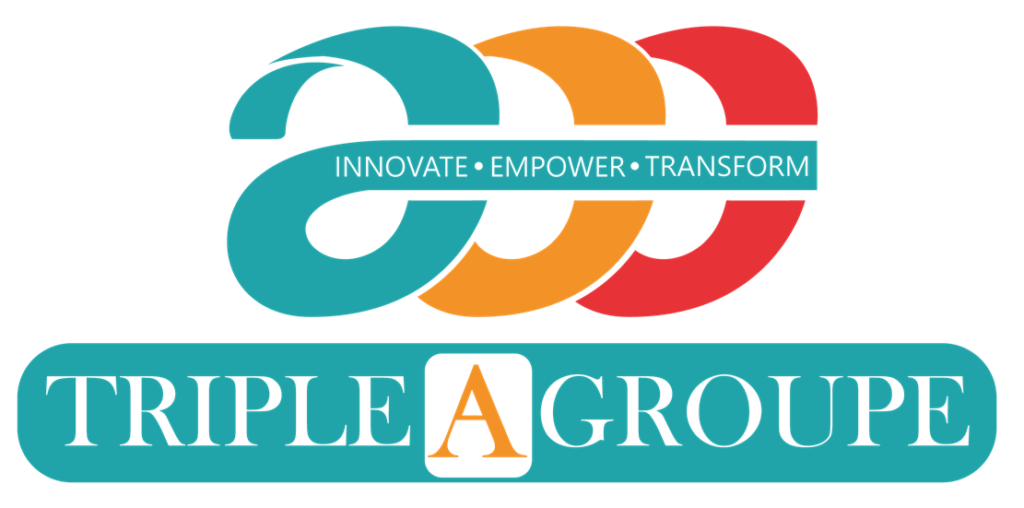
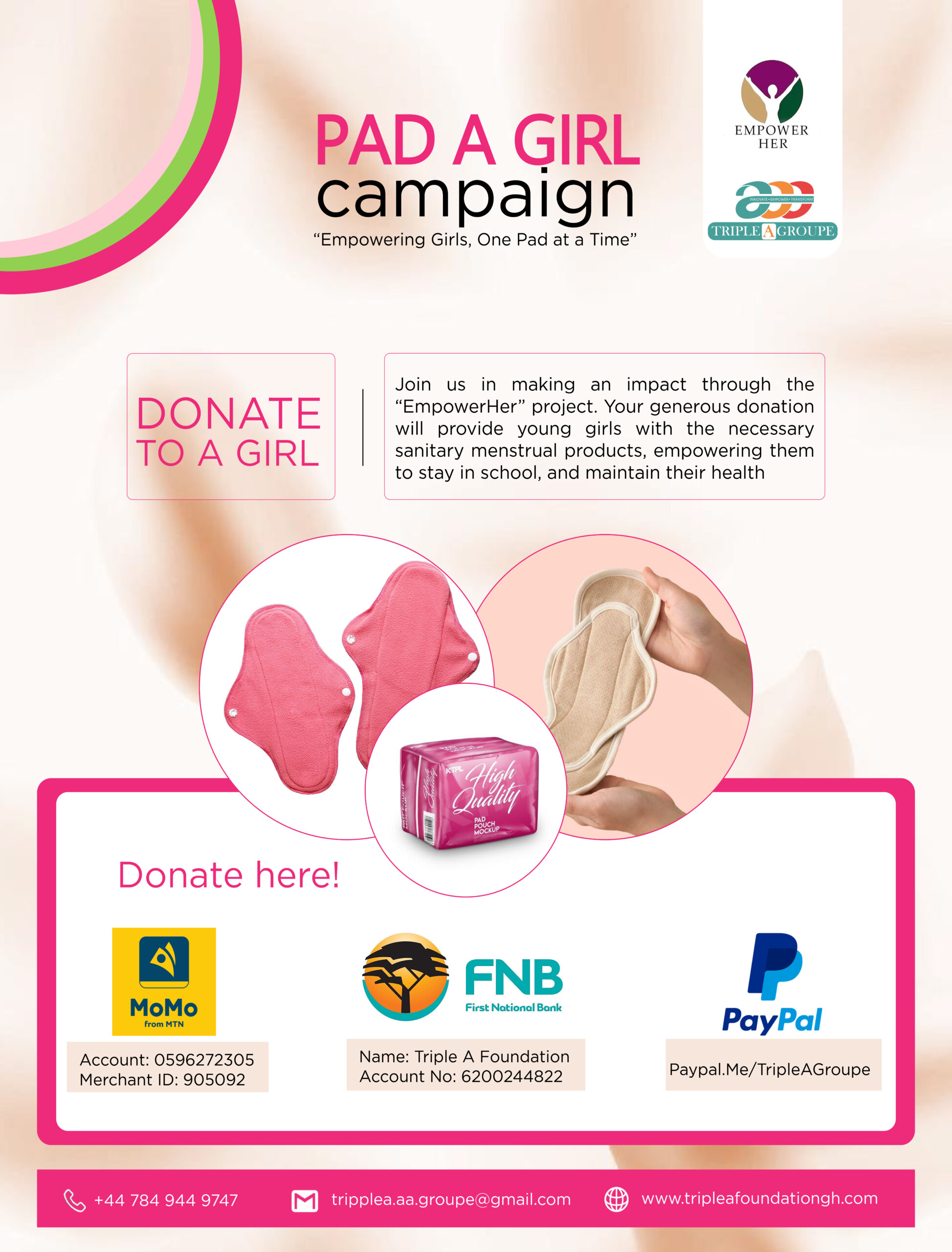
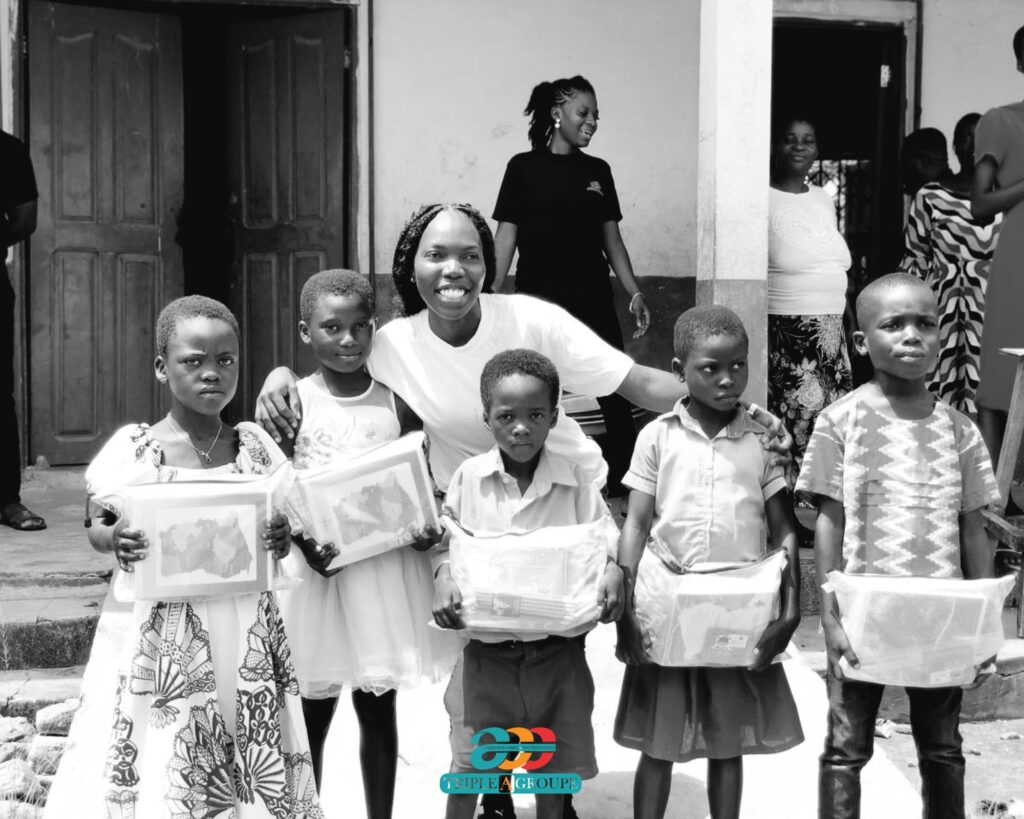
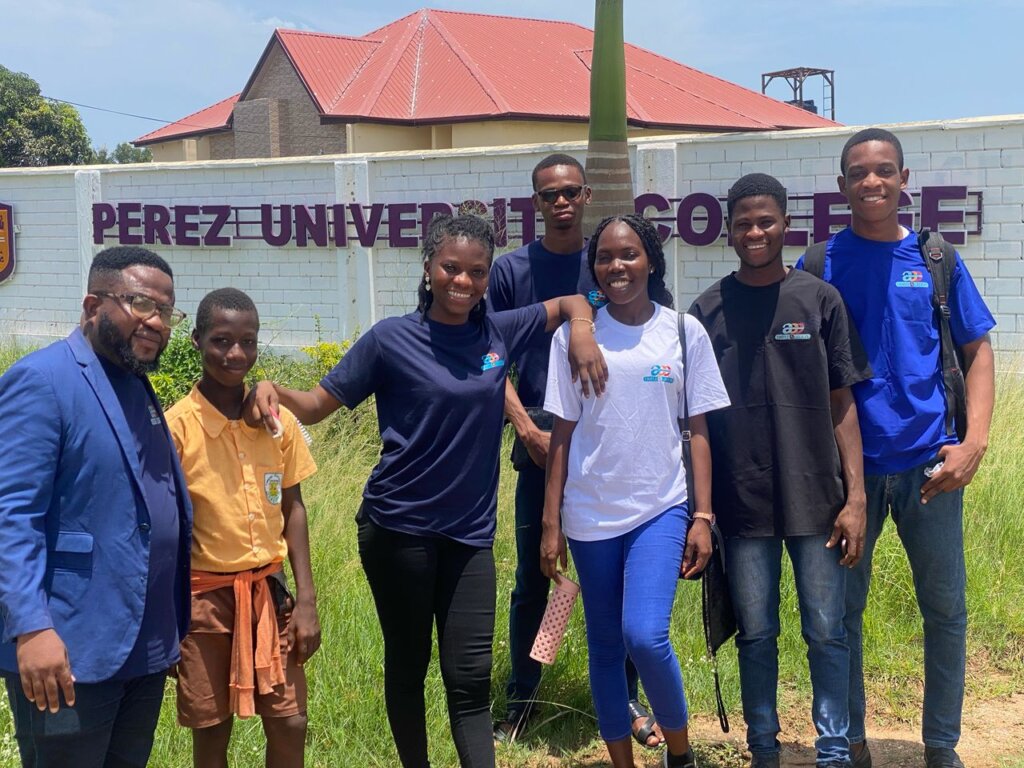
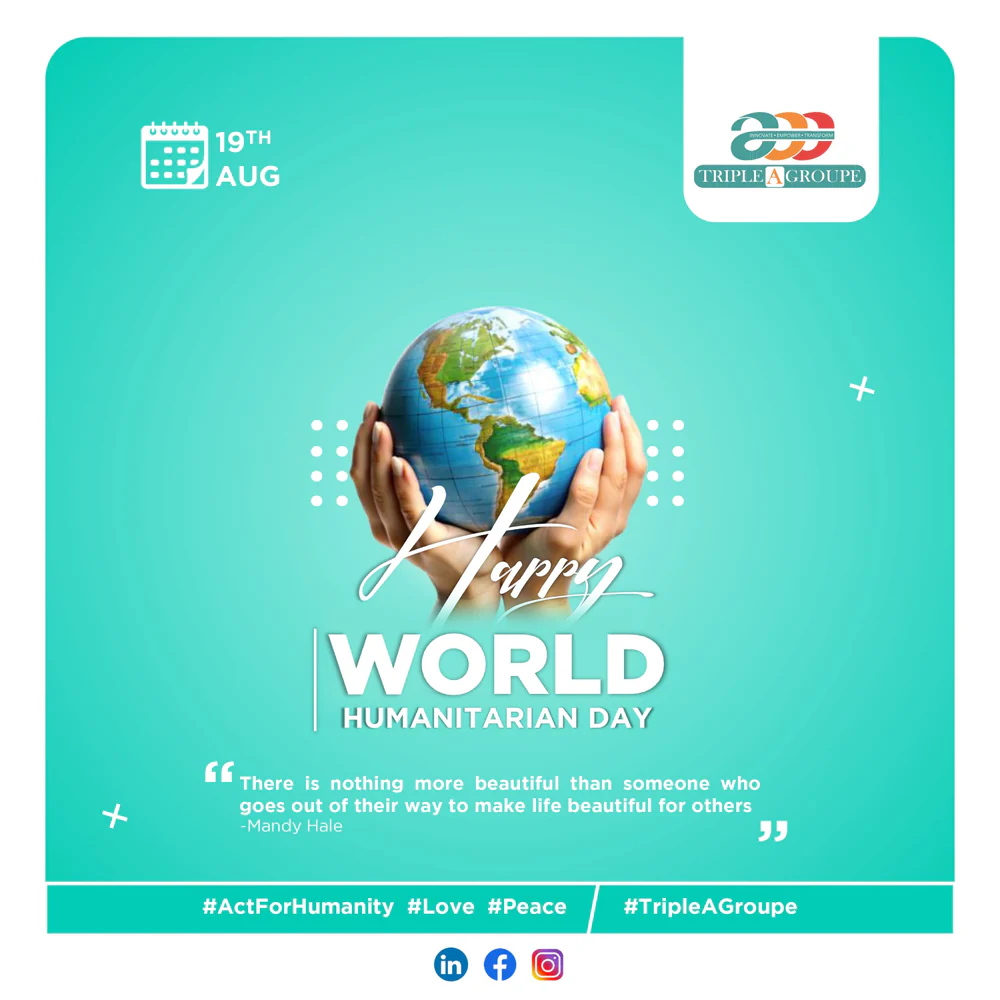
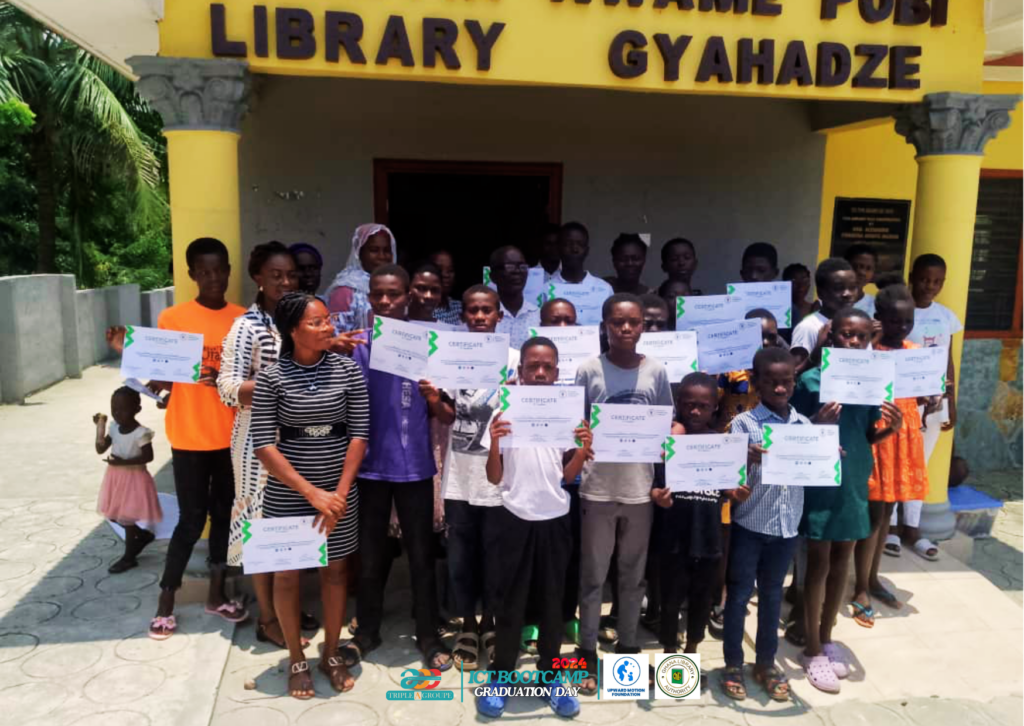

Leave a Reply